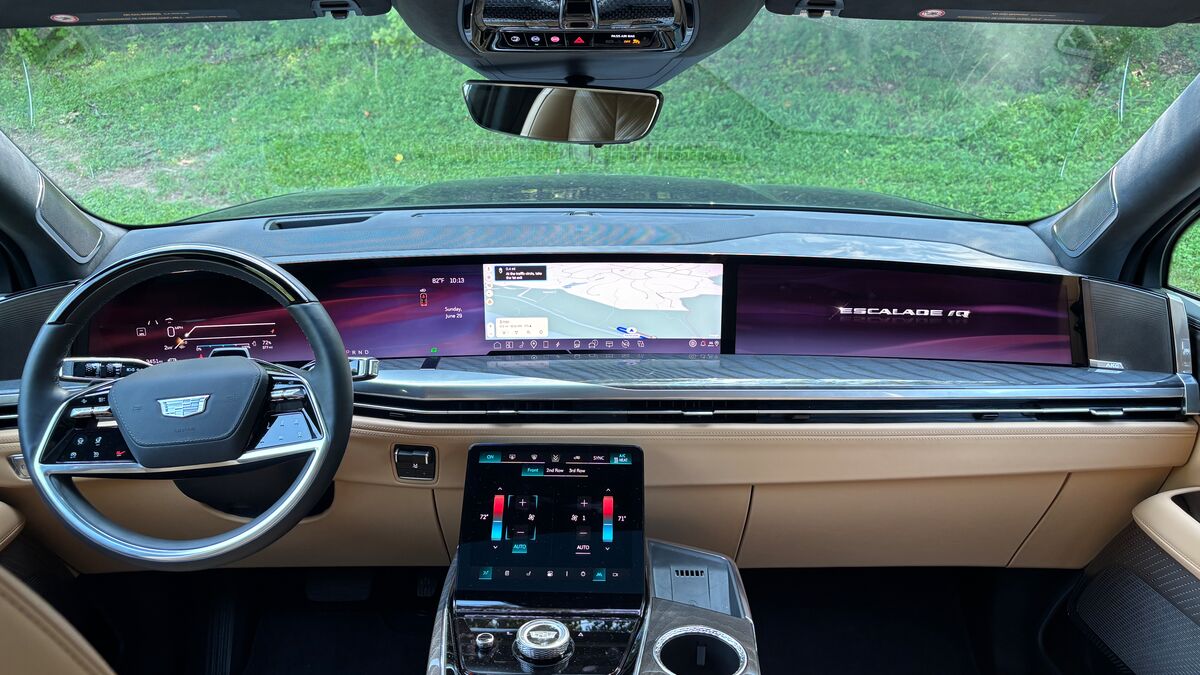- In 2022, California passed a rule that would ban the sale of new gas cars in the state after 2035
- President Trump has signed a resolution that would block the move
- Legal experts say the block may not hold up in court
President Trump signed a resolution meant to block the state of California from banning the sale of new gas-powered cars after 2035. The move was unusual, and some legal experts question whether the federal government has the authority to do it.
The state said it would sue, seeking a court injunction to block it.
California Went First, Many Followed
- Several states followed California’s move
- The rule bans new gas car sales but doesn’t take cars off the road
California’s move blocks the sale of new cars powered only by gasoline within the state’s borders, starting in 2035.
It does not take gas-powered cars off the road or prevent California residents from buying them used. Under the rule, Californians could also buy them outside the state and title them in California. The rule also allows the sale of plug-in hybrids (PHEVs) that use both electricity and gasoline.
Since the average car on American roads is now nearly 13 years old, it would have taken decades for the rule to give California roads that are mostly free of gas-powered cars.
California was the first of 12 states to make the move in 2022. Maryland has since delayed its similar plan.
The state claimed the right to make the move based on a federal law.
The 1970 Clean Air Act created federal air pollution standards. It also allowed California — the state with the nation’s worst air pollution numbers at the time — to seek waivers from the Environmental Protection Agency (EPA), allowing it to set stricter standards.
The Biden administration granted those waivers.
Legal Questions
- Congress did this as a resolution, not a law, which is legally murky
- Two federal authorities have found that the government lacks the authority to change California’s rule
The Associated Press reports, “The state quickly announced it was challenging the move in court, with California’s attorney general holding a news conference to discuss the lawsuit before Trump’s signing ceremony ended at the White House.”
“Republicans have long criticized those waivers and earlier this year opted to use the Congressional Review Act, a law aimed at improving congressional oversight of actions by federal agencies, to try to block the rules,” the AP explains.
However, that act gives Congress the right to review rules passed by federal agencies. Earlier this year, both the Senate Parliamentarian and the U.S. Government Accountability Office told Congress that the EPA’s waivers are not rules and, therefore, not subject to review.
That may be why the congressional action Trump signed was a resolution, not a law. A court will now have to decide whether it has any force.
The automotive industry, for its part, cheered Trump’s move. John Bozella, president of the industry trade group Alliance for Automotive Innovation, said, “Everyone agreed these EV [electric vehicle] sales mandates were never achievable and wildly unrealistic.”








